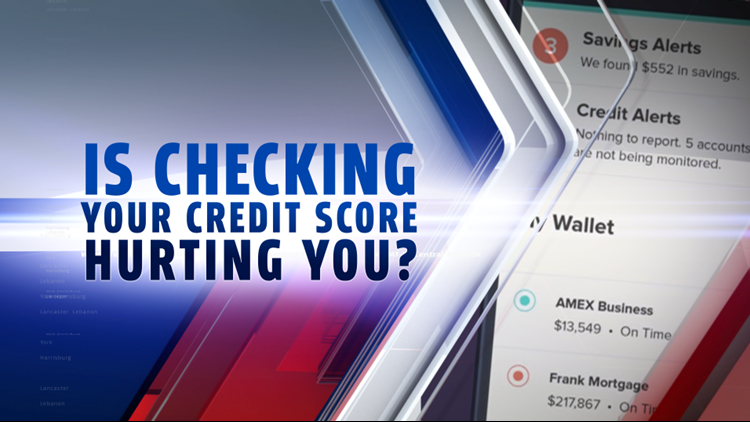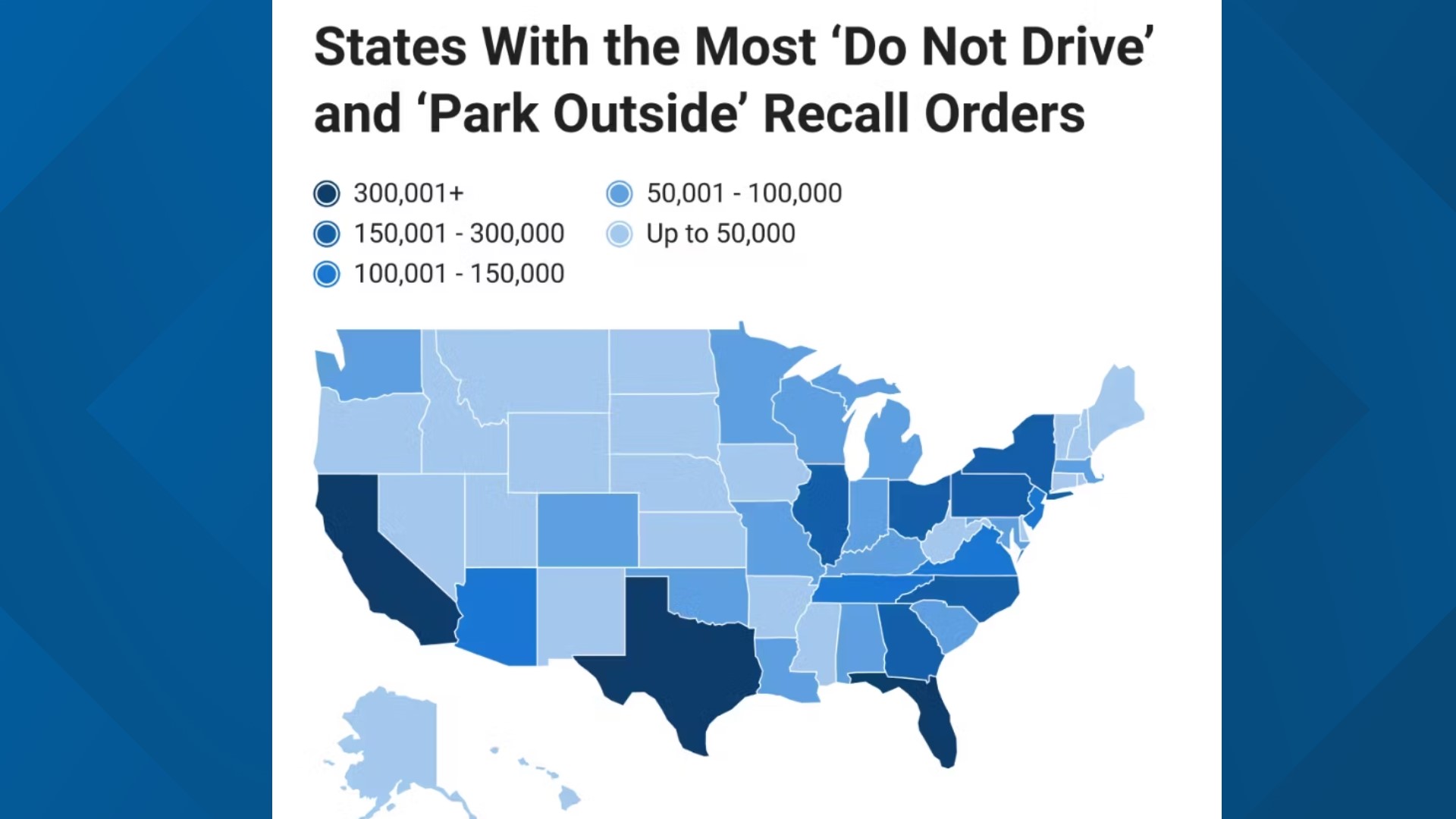YORK, Pa — Aiming for 850.
It’s a credit score to strive for, but how often should you be checking your score to see where you fall?
“Every time there is a hard hit you’re looking at something like 5 points off your score. So you don’t want to do that too aggressively,” said Sean Clark a financial expert at York Independents.
He says there are two types of “hits” when it comes to your credit score: a hard hit and a soft hit.
A soft hit is when you check your credit just to see where it is, either through a website or by phone.
Clark says a soft hit does not impact your score for better or worse.
A hard hit however will impact your score.
That’s when you apply for a new trade line.
A trade line is when you open a new credit card, get a car loan or mortgage.
Clark says that indication that you’re actively seeking credit makes you a risk to a lender, that’s why your score may drop a few points.
“If anybody did make an unauthorized hard hit against your credit, you can go back to the credit bureau and dispute that.”
This is where things get a little tricky because if a crook gets a hold of your social security number and other personal information, they can apply for lines of credit in your name.
All of that would certainly drop your score.
This is why Clark suggests making it a routine to check your credit report to make sure nothing is fishy.
“On your birthday or on your anniversary, or some significant date, give yourself a gift of your credit report.”
There are three different credit reporting agencies.
Equifax, Experian and Transunion.
Each one processes your score a little differently.
“The fact that there’s three actually aids consumer in monitoring and making sure everything is going the way it’s supposed to be going.”
There is a way to essentially eliminate someone else from starting a line of credit in your name.
“Every credit bureau allows you to put a freeze on your account,” says Clark.
It will cost you though.
You’ll have to shell out $15 per credit bureau to have that freeze, totaling 45 bucks a year.
“Now that won’t impact trade lines that you already have established, but it will stop new trade lines from being established.”
When you check your credit score here are the the components that make up that magic number:
The largest portion is your payment history.
It’s 35% of your score which is why it’s so important to pay bills on time and not miss a payment.
The amounts you owe on credit cards, loans or a mortgage makes up 30%.
The length of your credit history is 15% of your score.
This is why some experts suggest people get a credit card when they turn 18, but just make sure they know actually how credit cards work.
Your utilization rate or the types of credit that you have make up 10%.
Finally, those hard hits on your credit score that accounts for 10%.
Here’s what you can do to boost your number:
Get a secured credit card.
This is almost a cross between a debit card and credit card.
You put something like $1,000 on your card.
That becomes your credit limit and can help boost your score if you use it properly.
Another way to help your score is by occasionally saying yes to a new credit card.
So, let’s say you have a credit card with a $1,000 limit.
Then you get a credit card offer for another card with a thousand dollar limit.
The key here is that you don’t rack up anymore debt – you just now disperse the debt over the two cards.
This will help your amounts owed, which makes up 30% of your score.
Obviously, just don’t go crazy when charging or getting too many new credit cards.
Some good news though, 12 million people are got a bump in their credit scores
Anywhere from 10 to even more than 40 points and its all in part of a policy change involving tax liens and civil judgments.
A tax lien is a legal claim the government has over your assets if you fail to pay your taxes and civil judgments are similar, but they’re payments ordered by the courts in settlements.
Both negatively affect credit scores.
However, starting July first the nation’s three major credit bureaus, Equifax, Experian and Transunion, will wipe away about half of tax liens and most civil judgments data from consumers’ files.
Officials say it’s because a lot of the data they have is wrong.
The change stems from a class-action lawsuit brought against attorneys general in 31 states.



